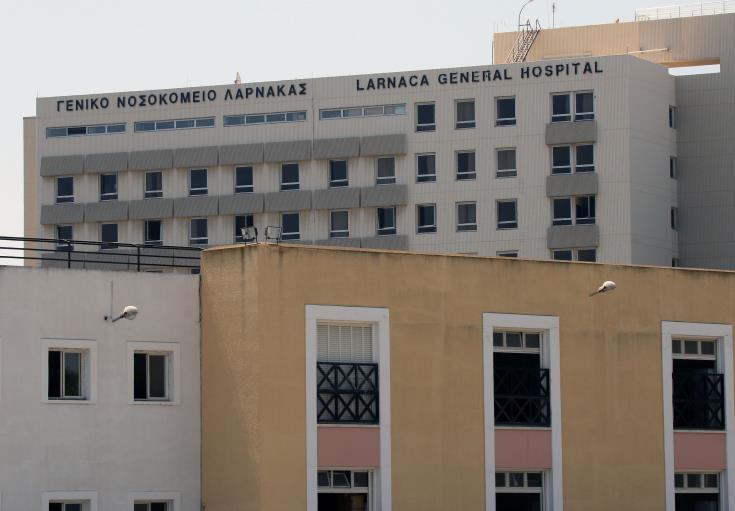A pilot scheme for the treatment of liquid hospital waste has been completed at the Larnaca hospital, removing huge amounts of pharmaceutical and pathogenic substances before they reach central sewerage systems, it was announced on Monday.
The INTERREG VA Greece-Cyprus 2014-2020 cooperation programme On-Site Management of Hospital Liquid Waste was carried out with the cooperation of the Larnaca Sewerage Board and the University of Cyprus.
The main objective of the project was the on-site treatment of liquid hospital waste to remove pollutants and pathogenic loads before they reached the central sewerage treatment plants.
The pilot programme involved a series of advanced physicochemical, biochemical and chemical technologies.
During the nine months of the pilot, the sewerage board, in collaboration with the international research Centre for Nirea Water, carried out more than 20 samplings.
According to the physicochemical analyses on the incoming and treated liquid waste from the unit, the average total removal of harmful substances were in the region of 70-80 per cent.
“Besides the analyses of physicochemical parameters in the individual technologies of the pilot unit, it also carried out analyses for the detection and quantification of pharmaceutical substances as well as pathogenic bacteria and genes,” Nirea said.
“Specifically, through specialised analyses, the presence of a large number of medicinal substances was examined and it was found that several of them were removed beyond 50 per cent, with some reaching up to 100 per cent removal.”
The microbiological analyses examined five pathogenic bacteria – enterococcus faecium, staphylococcus aureus, klebsiella pneumoniae, acinetobacter baumannii and pseudomonas aeruginosa – which have been linked to hospital infections.
“The technology with the greatest contribution to the reduction of the microbiological load was the aerobic treatment and anaerobic treatment followed by advanced oxidation,” the announcement added.
More generally, the pilot unit as a whole fulfilled the main objective of the project by proving its effectiveness, to remove a significant percentage of dangerous and difficult pollutant loads from hospital liquid waste.
“The results show the importance of the research, which opens the way for new knowledge by helping to implement relevant regulations aimed at the correct and appropriate management/treatment of liquid waste from hospital units and ultimately to ensure public health,” it concluded.







Click here to change your cookie preferences